A colon cleanse may ease constipation. You can perform a natural colon cleanse at home using water, dietary changes, and some readily available products.
Good digestive function is central to feeling healthy, energetic, and balanced.
One key organ in digestion is the colon, also known as the large intestine. Maintaining colon health is an important part of overall digestive wellness.
Some people advocate cleansing the colon to optimize digestive function. Still, evidence supporting the benefits of cleanses is limited and generally of low quality.
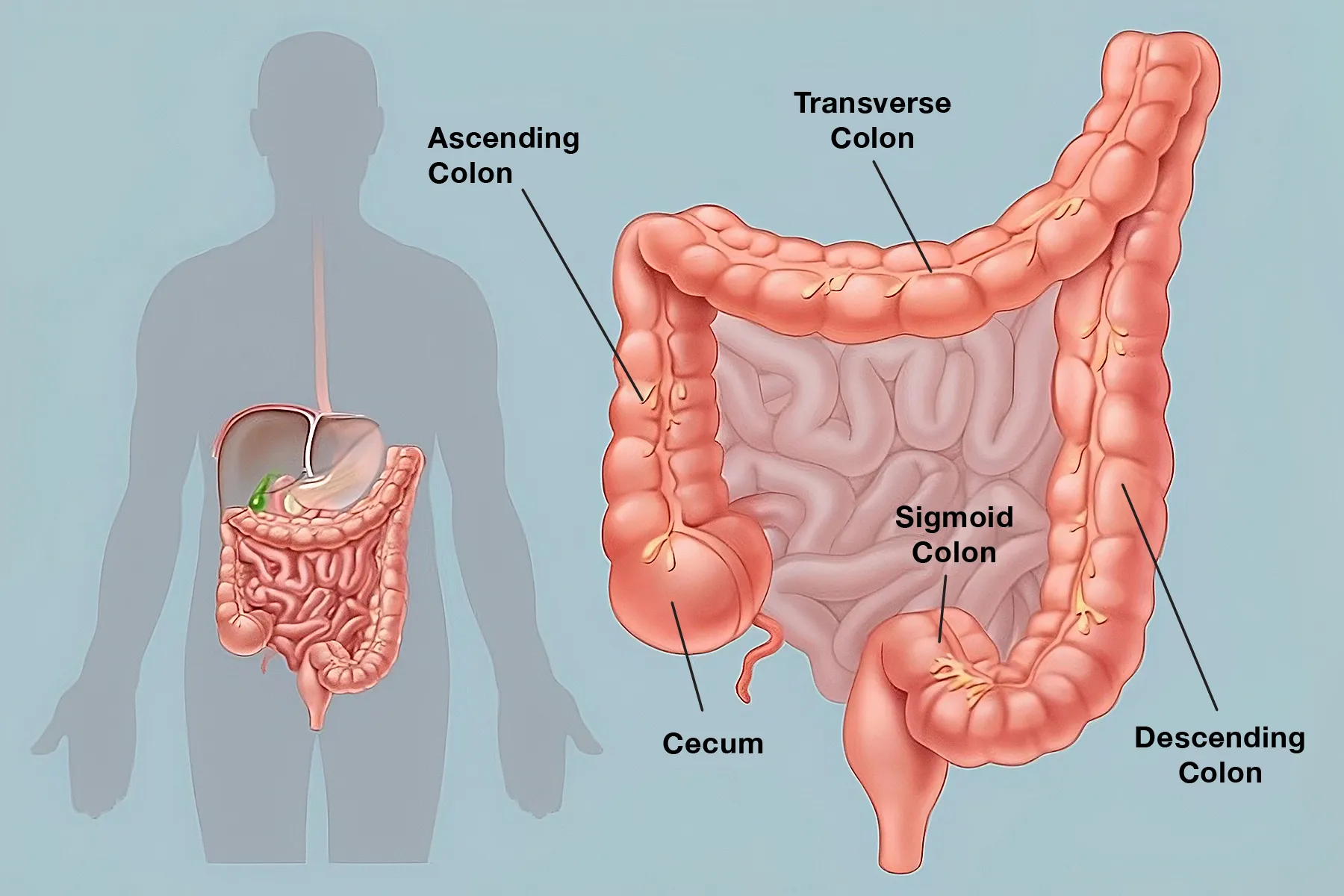
Why consider a colon cleanse?
Why consider a colon cleanse?
Certain aspects of colon cleansing might be useful. That said, according to an older review, there’s no solid research to back routine cleanses unless they’re used for constipation relief or to prepare for a medical procedure such as a colonoscopy.
In those scenarios, the available literature often discusses colon hydrotherapy, a procedure performed with a clinical device rather than a home remedy.
More studies are necessary to determine whether cleansing the colon confers meaningful health advantages. Many claims about removing toxins or parasites lack strong support.
How can I cleanse my colon naturally?
There are several methods to cleanse the colon. You might buy a commercial colon-cleanse product, or receive colonic irrigation or an enema.
Alternatively, you can adopt simple habits at home to support or “cleanse” colon health naturally.
The following natural approaches are inexpensive and generally safe when done properly.
1. Hydration
Drinking ample water and remaining hydrated helps regulate digestion. Consuming lukewarm water has shown potential digestive benefits in some studies, though more research is needed.
Also include foods with high water content, such as watermelon, tomatoes, lettuce, and celery.
Indeed, many foods can naturally support colon health when incorporated into your diet.
2. Saltwater flush
A saltwater flush is another option, sometimes used by people dealing with constipation or irregular bowel movements.
Bear in mind that scientific support for saltwater flushes as a colon cleanse is limited:
- A 2010 study reported that drinking lukewarm saline at intervals while performing yoga positions was more effective for pre-colonoscopy bowel cleansing than a specialized prep solution.
- A 2018 study found sodium phosphate solutions effective for colon cleansing, but this was in the context of preparing for colonoscopy.
There are also numerous anecdotal accounts online from people who say saltwater flushes worked for them.
If you’re thinking of trying a saltwater cleanse, consult your doctor first. If you proceed, follow these guidelines.
Before breakfast, dissolve 2 teaspoons of salt in lukewarm water. Many people use sea salt or Himalayan salt.
Drink the mixture quickly on an empty stomach; within minutes you may feel an urge to use the restroom.
Try this in the morning and evening, and stay near a bathroom for a period after the flush as you may need to go multiple times.
3. High-fiber diet
Dietary fiber is a vital nutrient found in plant foods such as fruits, vegetables, whole grains, nuts, and seeds.
Plants contain cellulose and various fibers that add bulk to stool. Fiber helps ease constipation and slow intestinal transit when needed, while also feeding beneficial bacteria as a prebiotic.
Ensure you eat plenty of fiber-rich foods to support a healthy colon and promote a balanced gut microbiome.
4. Juices and smoothies
Juicing is a popular cleansing approach, including fruit-and-vegetable juice fasts like the “master cleanse.”
Research on these methods for improving colon health is limited, and some reviews note potential risks.
That said, moderate juice consumption can be part of a healthy diet. Juice blends supply some nutrients and fluids that aid hydration and may help regularity.
Moreover, eating fruit can benefit the gut microbiome and support bowel movement, which may reduce constipation.
5. Juice fast
Common choices during juice fasts include apple, lemon, and vegetable juices. However, smoothies tend to be more advantageous for colon and overall health.
Because juicing removes pulp and skin, juices have less fiber than smoothies. Fiber is beneficial for the colon, and smoothies retain more of it.
A study found that a short fruit- or vegetable-based diet was linked with weight loss, but further research is required.
You don’t need to strictly fast on juices to get benefits—simply adding more juices or smoothies to your routine, such as enjoying one a day, can help.
6. More resistant starches
Resistant starches function similarly to fiber and are present in foods like potatoes, rice, legumes, green bananas, and certain grains.
These starches support a healthy colon by nourishing gut microbes.
One caveat is that resistant starches are carbohydrate-rich. If you follow a low-carb plan, choose options that produce smaller blood sugar spikes, such as whole grains, green bananas, or lentils.
Including resistant starches in your diet, like fiber, can be beneficial for colon health.
7. Probiotics
Introducing probiotics into your diet can help balance the colon and support broader health.
Probiotics are available as supplements, and are also naturally present in foods like yogurt, kefir, kimchi, pickles, and other fermented products.
Probiotics, together with fiber and resistant starches, help cultivate beneficial bacteria, reduce inflammation, and promote regular bowel habits—factors linked to a healthier colon.
Apple cider vinegar is sometimes promoted as a probiotic element in cleanses; its acids and enzymes are thought to inhibit harmful bacteria, though animal-based research is currently sparse.
8. Herbal teas
Herbal teas can support digestion and colon health.
Laxative herbs such as psyllium, aloe vera, marshmallow root, and slippery elm might ease constipation. Consult your doctor and follow instructions closely before using these herbs, and use them sparingly to avoid harm.
Other herbs like ginger, garlic, and cayenne contain antimicrobial phytochemicals believed to suppress harmful microbes. Because of this, they are often included in cleanses, though more research is warranted.
For those interested in fiber-based aids, see more on psyllium health benefits which can be a gentle way to increase fiber intake.
What to know before trying a natural colon cleanse
If you’re considering one of the natural approaches above, gentle at-home methods are typically safe.
Combining these approaches with prolonged fasting or excessive frequency can pose risks. If you have high blood pressure or need to limit sodium, avoid saltwater flushes.
Colon cleanse side effects
Potential side effects or complications from colon cleansing include:
- infection
- inflammation of the colon or intestines
- dehydration
- electrolyte imbalances
If any of these issues arise, discontinue the cleanse and contact your healthcare provider. Continued cleansing in the presence of these signs can increase the risk of heart problems and intestinal injury, including bowel perforation and sepsis.
Occasional enemas or cleanses pose little risk for a healthy person, but repeated use may cause chronic constipation or intestinal damage.
Speak with your doctor before making significant dietary changes to support colon health, such as sharply increasing fiber, resistant starches, juices, or smoothies.
Use caution with herbal teas: some herbs can interact with medications, and overusing laxative herbs can impair normal bowel function, potentially causing long-term constipation.
If you have a chronic medical condition, consult your physician before attempting a natural colon cleanse at home. Cleanses are not suitable for everyone.
Frequently asked questions
How can I cleanse my colon overnight?
Rapidly flushing your colon overnight is not advisable. There is little evidence to support colon cleansing except when addressing constipation or when medically required.
How can I cleanse my colon naturally?
The safest natural approach is to increase water intake, boost dietary fiber, and maintain regular physical activity.
Aim for at least three bowel movements per week and consult a doctor about preventing constipation and avoiding laxative overuse.
What drink is good for colon cleansing?
Drinks such as kefir and probiotic-rich foods like yogurt can help improve the gut microbiome.
How can I completely clean out my colon?
Natural strategies may aid in clearing the colon, but a complete cleanout often requires over-the-counter products like polyethylene glycol (Miralax). Use such treatments only under medical supervision when there is a clinical need, for example, before a colonoscopy.
How do I detox my gut?
Your body’s systems usually remove toxins without assistance. You can support these processes by staying hydrated, eating nutrient-dense foods, and exercising consistently.
If constipation is a problem, over-the-counter fiber supplements or laxatives may provide relief.
The takeaway
Natural colon-cleansing methods may support digestive health, though whether they truly “cleanse” the colon remains debated.
These approaches are generally safe when not overused. Consult your doctor to ensure you use them appropriately and to maximize safety and benefit.






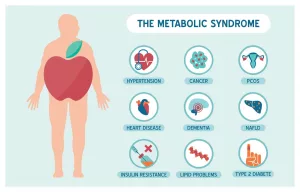

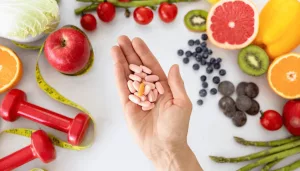








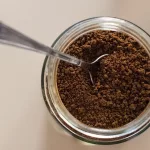






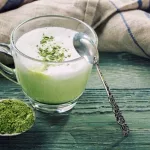
Leave a Reply
You must be logged in to post a comment.